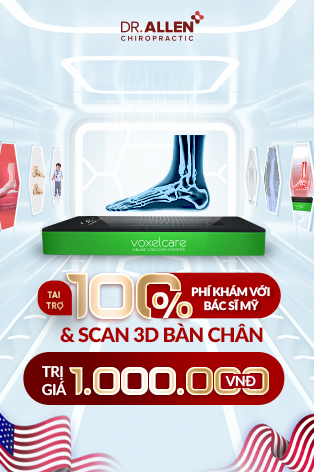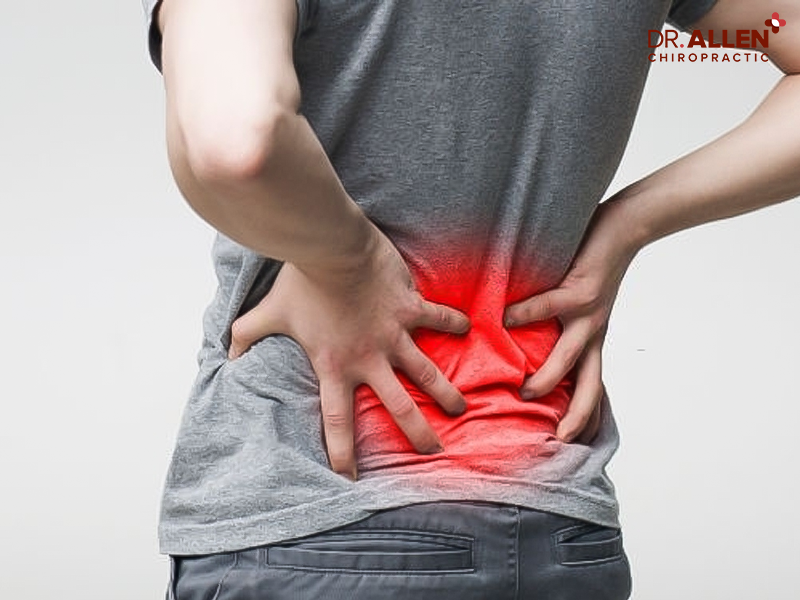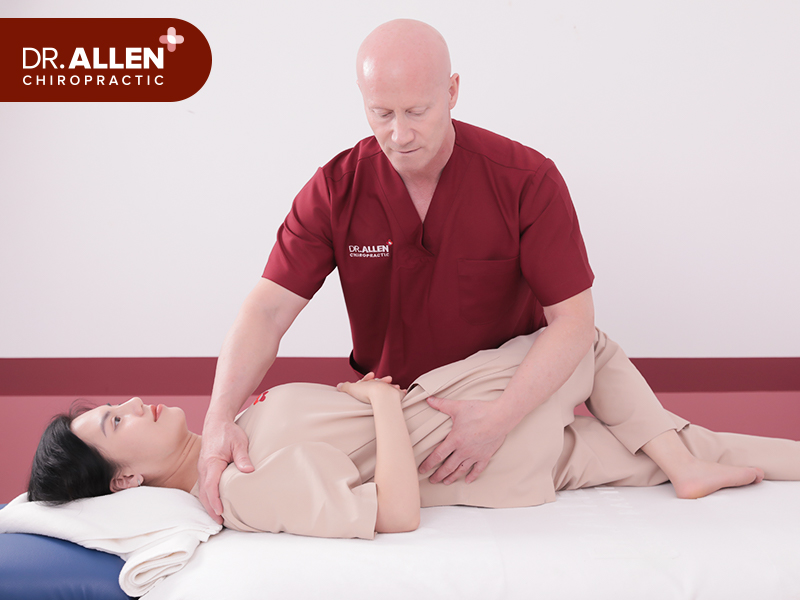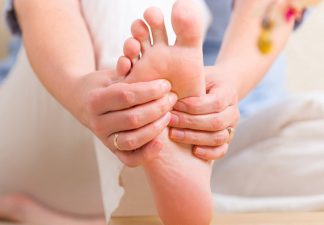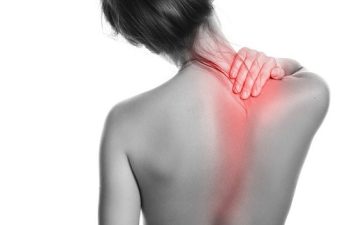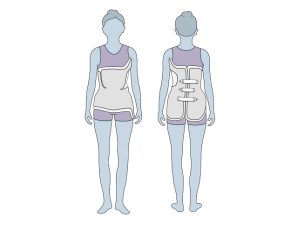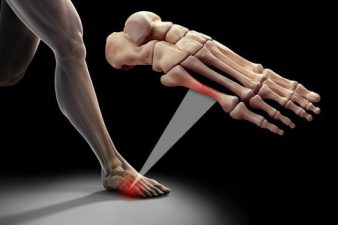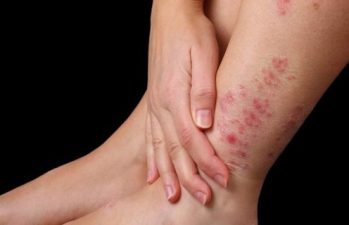Managing a herniated disc extends beyond medical treatments—it’s about adapting your lifestyle to promote healing and prevent further damage. This blog post explores several facets of living with a herniated disc, including prevention strategies, diet, self-care, and what to do when your disc isn’t healing as expected.
How to Prevent a Herniated Disc
Preventing a herniated disc largely revolves around maintaining a healthy spine. Regular exercise can strengthen your back and core muscles, which support your spine. Maintaining a healthy weight helps reduce excess strain on your spinal discs. Good posture, particularly when lifting heavy objects, can also help prevent undue pressure on your discs.
Herniated Disc Self-Care
Self-care is an essential part of managing a herniated disc. This may involve pain management techniques, like over-the-counter medications or heat/cold therapy, and gentle exercises to keep your back flexible and strong. Rest is also important, but remember to balance it with movement to avoid stiffness.
What Activities Should You Avoid With a Herniated Disc?
Avoid high-impact activities that put sudden or excessive strain on your back, such as running, jumping, or heavy lifting. Also, avoid prolonged periods of sitting or standing. Make sure to listen to your body—if an activity causes pain, it’s best to stop.
Nutrition and Diet for a Herniated Disc
A healthy diet can support recovery and general spine health. Foods rich in anti-inflammatory properties, such as fruits, vegetables, and fatty fish, can help manage inflammation associated with a herniated disc. Also, staying hydrated is crucial as your discs need water to maintain their structure and function.
Herniated Disc Leaning to One Side
If a herniated disc causes you to lean to one side—a condition known as “list”—it’s likely due to muscle spasms as your body tries to protect the injured area. Treatment usually involves medication to relieve the spasms and physical therapy to restore normal posture.
Foraminal and Sequestration Herniated Disc
A foraminal herniated disc refers to a disc that protrudes into the spinal foramen, where the spinal nerves exit the spinal column. This can cause nerve compression and significant pain.
A sequestrated herniated disc, on the other hand, occurs when a fragment of the disc’s nucleus breaks off from the disc and migrates into the spinal canal, potentially causing severe pain and nerve damage. Both types typically require medical intervention, potentially including surgery.
Living with a Herniated Disc
Living with a herniated disc can be challenging, but it’s entirely possible to lead a fulfilling life with this condition. Dwayne “The Rock” Johnson, for instance, had to undergo surgery for a herniated disc but has since continued his successful acting and wrestling career.
My Herniated Disc is Not Healing
If you feel your herniated disc isn’t healing despite conservative treatments, it may be time to consult with your healthcare provider about other options. These may include stronger medications, therapeutic injections like an epidural for a herniated disc, or surgical interventions.
In conclusion, while a herniated disc can undoubtedly impact your life, it doesn’t have to define it. Prevention, self-care, nutrition, and medical treatments can all play a role in managing this condition effectively. If you’re struggling with a herniated disc, remember to remain patient, stay active within your comfort limits, and seek professional advice when necessary.

